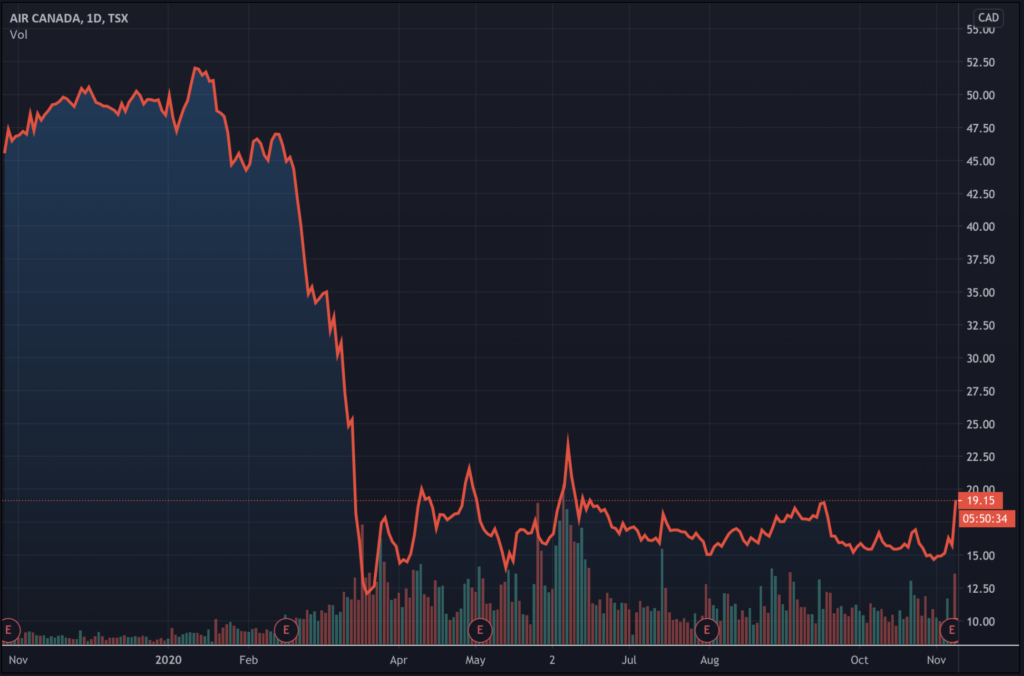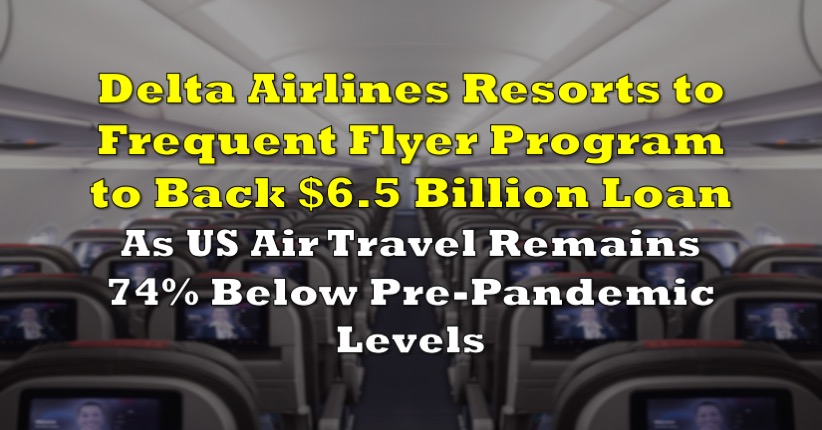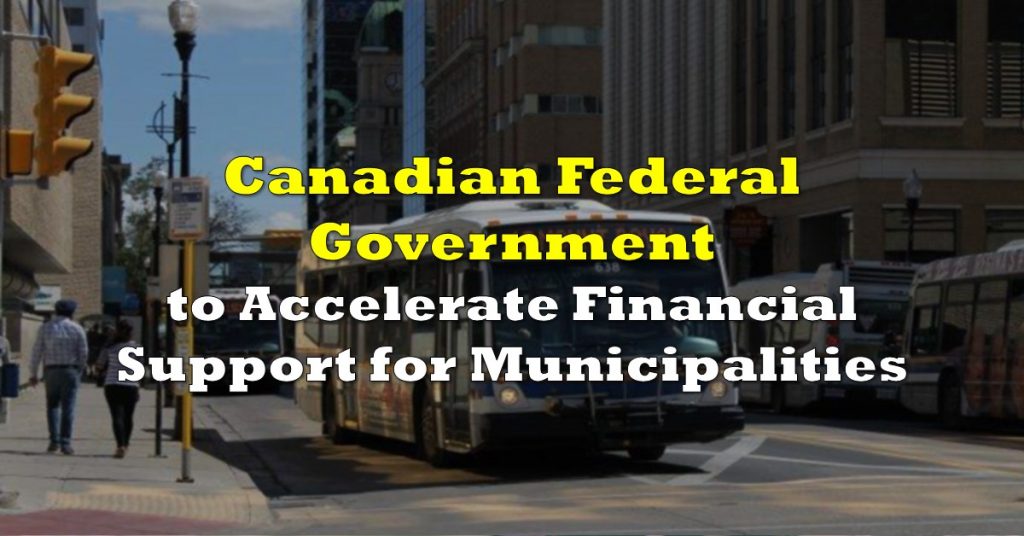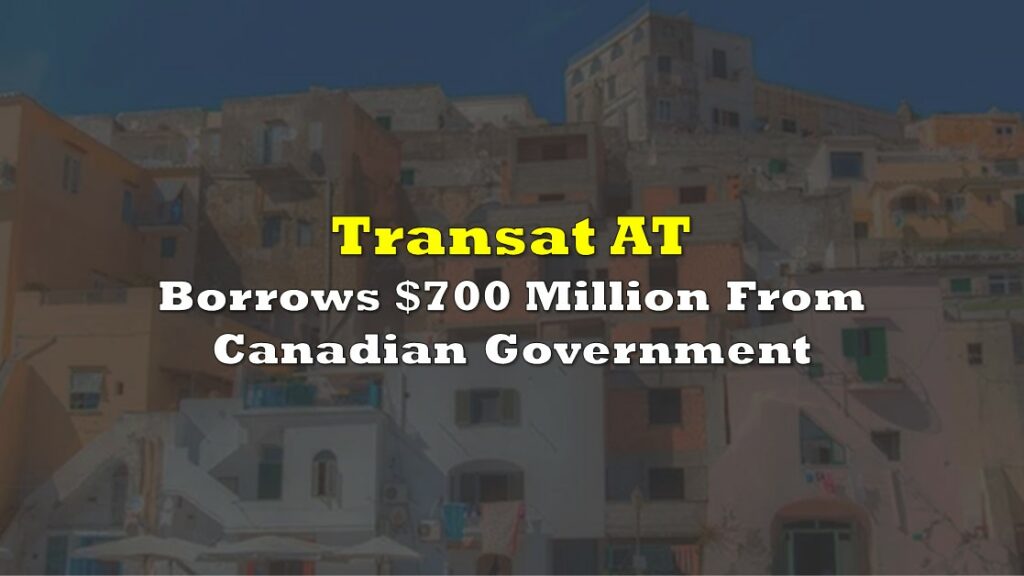The federal government has recently announced it will begin discussions regarding possible financial support for embattled Canadian airlines that have been impacted by the coronavirus pandemic. However, in order for the aid to materialize conditions will need to be attached, especially after several major airlines were recently accused of conducting deceptive baiting practices.
According to Transport Minister Marc Garneau, the upcoming financial support will likely be comprised of loans and other forms of aid, but will come attached with conditions. Some of the conditions being considered will force the airlines to refund customers for unused tickets, and reinstate regional routes that were previously slashed due to passenger shortages. This will be the first federally-funded aid package aimed at the travel industry amid the pandemic, after Trudeau previously came under criticism for foregoing the creation of such programs.
As a result of the pandemic, air travel has fallen by approximately 90%, forcing airlines and airports to undergo drastic measures in order to remain financially afloat. Air Canada, the largest airline in the country, slashed over 27,000 flights between September 25 and October 9 from its November fly schedule, according to aviation data firm Cirium. In the meantime, WestJet Airlines cut more than 12,400 flights within the span of a week last month, as did Air Transat with a 63% reduction in scheduled fights.
Despite the significant drop in demand for air travel, many Canadian airlines still continue to schedule tens of thousands of flights each month, and then promptly cancel a large portion of them several weeks before they are to takeoff. As a result, passengers are faced with a sudden change in their travel route, or even no scheduled route at all. Rather than issuing a refund to the suddenly-stranded passengers, many airlines have instead offered travel vouchers, which many consumers are reluctantly forced to accept.
However, as McGill University lecturer John Gradek notes to Bloomberg, the schedule cuts are part of a broader strategy that attempts to attract skeptical travellers with extensive flight options, which are then cut after seats remain drastically undersold. Gradek called the practice deceptive and misleading advertising, given that the airlines are fully aware of the high probability that the product they are selling will not be the end result delivered to customers. In fact, Air Canada has been holding onto over $2.4 billion worth of ticket sales since the end of July, which would certainly be a significant sum to return to passengers given that its revenues dropped by 86% compared to the third quarter last year.

In response to the alleged dishonest behaviour by airlines, Garneau called the situation complicated, noting that he does sympathize with travellers. He did however stop short of intervening in the situation, only suggesting that airlines should repay customers if they can, given that some would face even more difficult financial hardships if they had to reimburse all of its passengers. However, Air Canada has said it will put off slashing more routes during the ongoing bailout talks with the federal government.
Information for this briefing was found via Bloomberg. The author has no securities or affiliations related to this organization. Not a recommendation to buy or sell. Always do additional research and consult a professional before purchasing a security. The author holds no licenses.









